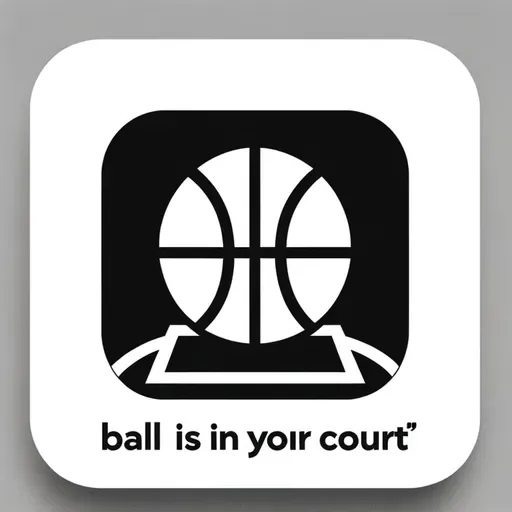
08 November 2025
The Power of Choice: How One Decision Can Transform Your Life and Career
Ball is in your court
About
Ball is in your court—a phrase we all know, thanks to its roots in tennis, where the ball’s position signals that it's your turn to make a move. But beyond sports, this idiom beautifully captures life’s moments when decision-making and responsibility are handed to you. We see this all the time: at work, after a proposal is made; in relationships, when someone asks a defining question; or in big societal moments like recent political debates, where leaders pass the final choice to the public.
Let’s consider the pressure and freedom this moment brings. According to psychological research at the University of York, every individual’s approach to decision-making is influenced by how they frame the problem in their mind, the context surrounding it, and personal differences in perception and emotion. Sometimes, two people given the same challenge end up tackling entirely different issues because their inner experience—how they conceptualize the “ball”—is unique. Nobel laureates Kahneman and Tversky famously found that even a small shift in how options are presented can completely change the choice an individual makes, highlighting that framing is powerful and often invisible.
Recent stories remind us just how pivotal this idiom is. This autumn, business leader Maya Lin was offered a partnership that could reshape her company’s future. After lengthy negotiations, her team reminded her the ball was in her court. Maya weighed the risks and rewards, factoring in her gut feelings and data—demonstrating the blend of emotion and rationality that Harvard’s Jennifer Lerner notes is critical to decision-making. Lin stepped up, made a bold decision, and her company saw record growth.
Ownership is what gives choices their power. When we accept that the ball is in our court, we take charge of outcomes—for better or worse. The absence of action, as countless leadership articles warn, is itself a choice, one that may leave opportunities behind or breed regret.
So listeners, when the ball comes to your court, how do you respond? Do you play it safe, take a risk, or let it bounce away? Every day, the world puts a decision in someone’s hands. It’s not just about making a move—it’s about owning the consequences, good or bad. The next time someone tells you the ball’s in your court, remember: your response could change everything.
This content was created in partnership and with the help of Artificial Intelligence AI
Let’s consider the pressure and freedom this moment brings. According to psychological research at the University of York, every individual’s approach to decision-making is influenced by how they frame the problem in their mind, the context surrounding it, and personal differences in perception and emotion. Sometimes, two people given the same challenge end up tackling entirely different issues because their inner experience—how they conceptualize the “ball”—is unique. Nobel laureates Kahneman and Tversky famously found that even a small shift in how options are presented can completely change the choice an individual makes, highlighting that framing is powerful and often invisible.
Recent stories remind us just how pivotal this idiom is. This autumn, business leader Maya Lin was offered a partnership that could reshape her company’s future. After lengthy negotiations, her team reminded her the ball was in her court. Maya weighed the risks and rewards, factoring in her gut feelings and data—demonstrating the blend of emotion and rationality that Harvard’s Jennifer Lerner notes is critical to decision-making. Lin stepped up, made a bold decision, and her company saw record growth.
Ownership is what gives choices their power. When we accept that the ball is in our court, we take charge of outcomes—for better or worse. The absence of action, as countless leadership articles warn, is itself a choice, one that may leave opportunities behind or breed regret.
So listeners, when the ball comes to your court, how do you respond? Do you play it safe, take a risk, or let it bounce away? Every day, the world puts a decision in someone’s hands. It’s not just about making a move—it’s about owning the consequences, good or bad. The next time someone tells you the ball’s in your court, remember: your response could change everything.
This content was created in partnership and with the help of Artificial Intelligence AI